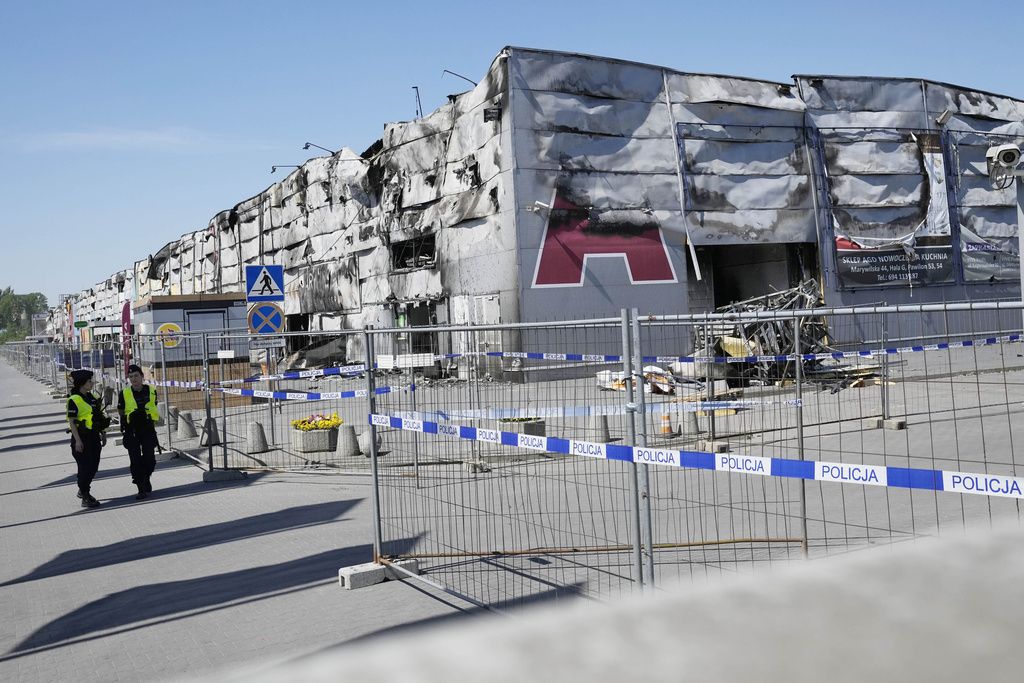
Russia’s intelligence agencies are coordinating sabotage operations and other violent acts inside NATO territory, according to Polish officials.
“We are facing a foreign state that is conducting hostile and — in military parlance — kinetic action on Polish territory,” Polish Interior Minister Tomasz Siemoniak told Bloomberg this week.“There has never been anything like this before.”
That commentary offers a glimpse of a widening dimension of tensions between Russia and NATO allies in the midst of the war in Ukraine. Although Western powers have taken care to avoid a direct military confrontation between NATO forces and Russian troops, they have provided weapons to Ukraine’s defenders — and the border allies, in turn, are grappling with an array of potential counter-measures.
“The threat level is quite high. We urge the public to remain vigilant,” Vilmantas Vitkauskas, who leads Lithuania’s National Crisis Management Center, said this week. “The threat of arson, as observed in neighboring countries, is also present in Lithuania. Therefore, we urge businesses and security services to be very vigilant, monitor the situation, and record any suspicious incidents.”
Shopping centers have emerged as a particular hotspot in recent weeks. On May 9, Lithuanian authorities responded to a fire in an IKEA warehouse near Vilnius. A few days later, a shopping center in Warsaw was destroyed in another fire that Polish authorities regard as arson.
“We currently have nine suspects detained and indicted, who have been directly implicated in the name of Russian services in acts of sabotage,” Polish Prime Minister Donald Tusk said Monday. “These are Ukrainian, Belarusian, and Polish citizens.”

Those cases are some of the most recent indications that Russia is conducting what Estonian Prime Minister Kaja Kallas calls a “shadow war” against the alliance.
“What I would like to see is the recognition that these are not isolated events,” she told the Associated Press in an interview published this week. “Second, that we share information about this amongst ourselves. Third, make it as public as we can.”
The fires would not be the first example of sabotage operations within NATO’s borders in connection to the war in Ukraine. In 2021, Czech authorities blamed Russian intelligence officials for a pair of explosions at ammunition depots in 2014 that killed two civilians, which Prague cited as justification for the expulsion of scores of Russian officials.
CLICK HERE TO READ MORE FROM THE WASHINGTON EXAMINER
That controversy was fresh in mind for the allies in the first weeks of the full-scale war, when NATO members began delivering large quantities of weapons to Ukraine, in defiance of Russian threats. And Polish authorities announced last year that they had foiled a plan to conduct “sabotage activities aimed at paralyzing the supply” of Western military assistance to Ukraine.
“We’re no longer talking about agents of influence or some online activities,” Siemoniak said this week. “These are individuals who are ready to come and set things on fire.”






